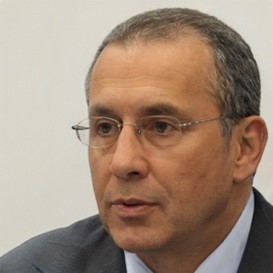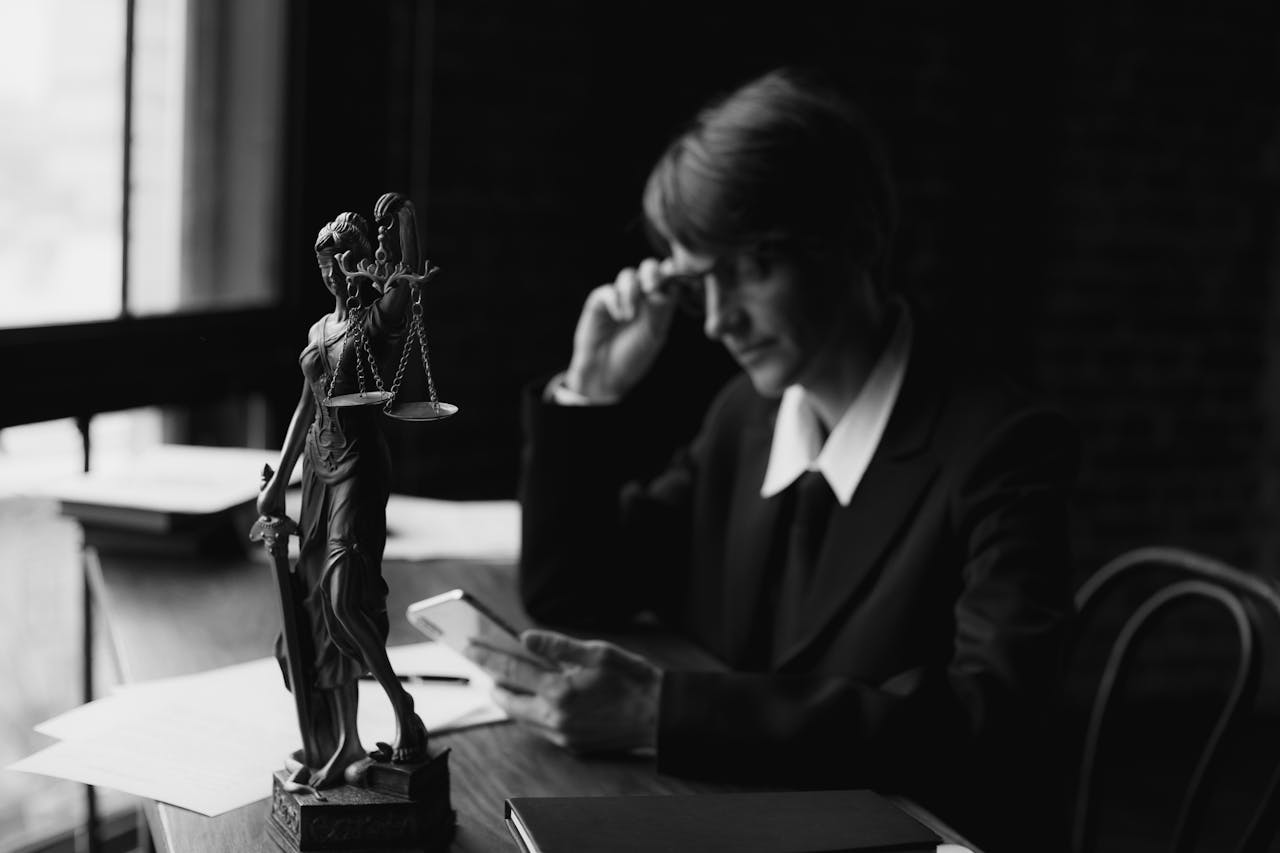Now Reading: Understanding Breathalyzer Accuracy: Challenging Faulty DUI Tests with Car DWI Lawyers
-
01
Understanding Breathalyzer Accuracy: Challenging Faulty DUI Tests with Car DWI Lawyers

Understanding Breathalyzer Accuracy: Challenging Faulty DUI Tests with Car DWI Lawyers
Breathalyzer tests stand as a staple tool in law enforcement’s arsenal for gauging blood alcohol concentration (BAC) and assessing intoxication levels during DUI (Driving Under the Influence) stops. Yet, the veracity of these tests often comes under the microscope, holding potential ramifications for those ensnared in DUI charges. Enter car DWI lawyers, pivotal figures in combating faulty breathalyzer tests, championing their clients’ rights, and contesting the reliability of the evidence proffered. This article probes the nuances of breathalyzer accuracy, spotlighting prevalent challenges and tactics deployed by car DWI lawyers in the arena of DUI defense.
Understanding Breathalyzer Technology
Mechanics in Action
Breath Alcohol Content Measurement: Breathalyzers ascertain alcohol concentration in breath by parsing the alcohol content in exhaled air. Employing a chemical reaction involving ethanol molecules, these devices yield an electric signal mirroring the individual’s BAC.
Varieties of Breathalyzers
Fuel Cell vs. Semiconductor Sensors: Breathalyzers commonly employ either fuel cell or semiconductor sensors to detect alcohol vapors in breath samples. While fuel cell-based devices tout high precision and reliability, semiconductor sensors may grapple with environmental variables and external interference.
Hurdles to Breathalyzer Accuracy
Calibration and Upkeep
Routine Calibration: Sustaining breathalyzer precision mandates periodic calibration and upkeep to forestall erroneous readings and false positives. Neglecting scheduled calibrations or mishandling maintenance can skew results, undercutting their credibility.
Environmental Variables
External Disruption: Environmental vagaries like temperature fluctuations, atmospheric pressure shifts, and exposure to contaminants wield influence over breathalyzer outcomes. Moreover, residual mouth alcohol from recent ingestion of substances like mouthwash or medications can skew readings.
Physiological Considerations
Individual Disparities: Breathalyzer outputs may fluctuate contingent on individual attributes such as lung capacity, respiratory patterns, and metabolic rates. Certain medical conditions, like gastroesophageal reflux disease (GERD) or diabetes, may yield false-positive results owing to heightened levels of acetone or other compounds in breath.
Legal Maneuvers
Probable Cause and Admissibility
Scrutiny of Probable Cause: Car DWI lawyers meticulously analyze the DUI stop’s circumstances to gauge the sufficiency of law enforcement’s probable cause for administering the breathalyzer test. Any constitutional transgressions or procedural lapses may render the test results inadmissible.
Expert Testimony and Interrogation
Proficiency in Expertise: Car DWI lawyers may enlist forensic toxicologists, chemists, or other experts to impugn the breathalyzer’s reliability. These specialists elucidate potential sources of error, limitations inherent in breathalyzer technology, and alternative rationales for elevated BAC readings.
Technical Gambits
Instrument Precision and Documentation
Pursuit of Discovery: Car DWI lawyers may file discovery requests to procure maintenance logs, calibration records, and ancillary documentation linked to the breathalyzer device employed in the DUI stop. Discrepancies or anomalies in the device’s maintenance chronicle can cast aspersions on test accuracy.
Independent Verification
Parallel BAC Testing: Car DWI lawyers may orchestrate alternative BAC testing via methods like blood or urine analysis to corroborate or impugn breathalyzer outcomes. Discordance between breathalyzer readings and independent test findings can furnish grounds for impugning the prosecution’s case.
Conclusion
The New York DWI Lawyer underscores the pivotal role breathalyzer accuracy assumes in DUI proceedings, particularly for individuals ensnared in allegations of driving under the influence. Specializing in car DWI defense, these legal stalwarts are at the forefront of contesting flawed breathalyzer tests. They meticulously dissect the integrity of presented evidence and ardently champion their clients’ rights. Armed with legal prowess, technical adeptness, and strategic defense stratagems, THE New York DWI Lawyer empowers individuals to challenge DUI accusations, mitigate the repercussions of inaccurate test results, and pursue favorable case outcomes. Through steadfast advocacy and robust defense endeavors, THE New York DWI Lawyer upholds the tenets of justice and safeguards the liberties of individuals accused of DUI infractions.
About the author: Leland D. Bengtson
As a journalist, Leland D. Bengtson dedicated most of his career to law reporting. His greatest satisfaction is to convey legal matters to the public in a language that they can understand. He is active on various platforms and media outlets, writing about common legal issues that people confront every day. While medical malpractice is his strong suit, Leland covers plenty of other topics, including personal injury cases, family law, and other civil and even criminal legal matters.











